Why do 'casual' relationships get so messy when you try to talk about what 'casual' means?
Instagram's cult illustrator Shelby Lorman and author of Awards For Good Boys reckons the no-labels dating scene has its pros, but warns don’t confuse ‘relationship status: unknown’ with stress-free sex...
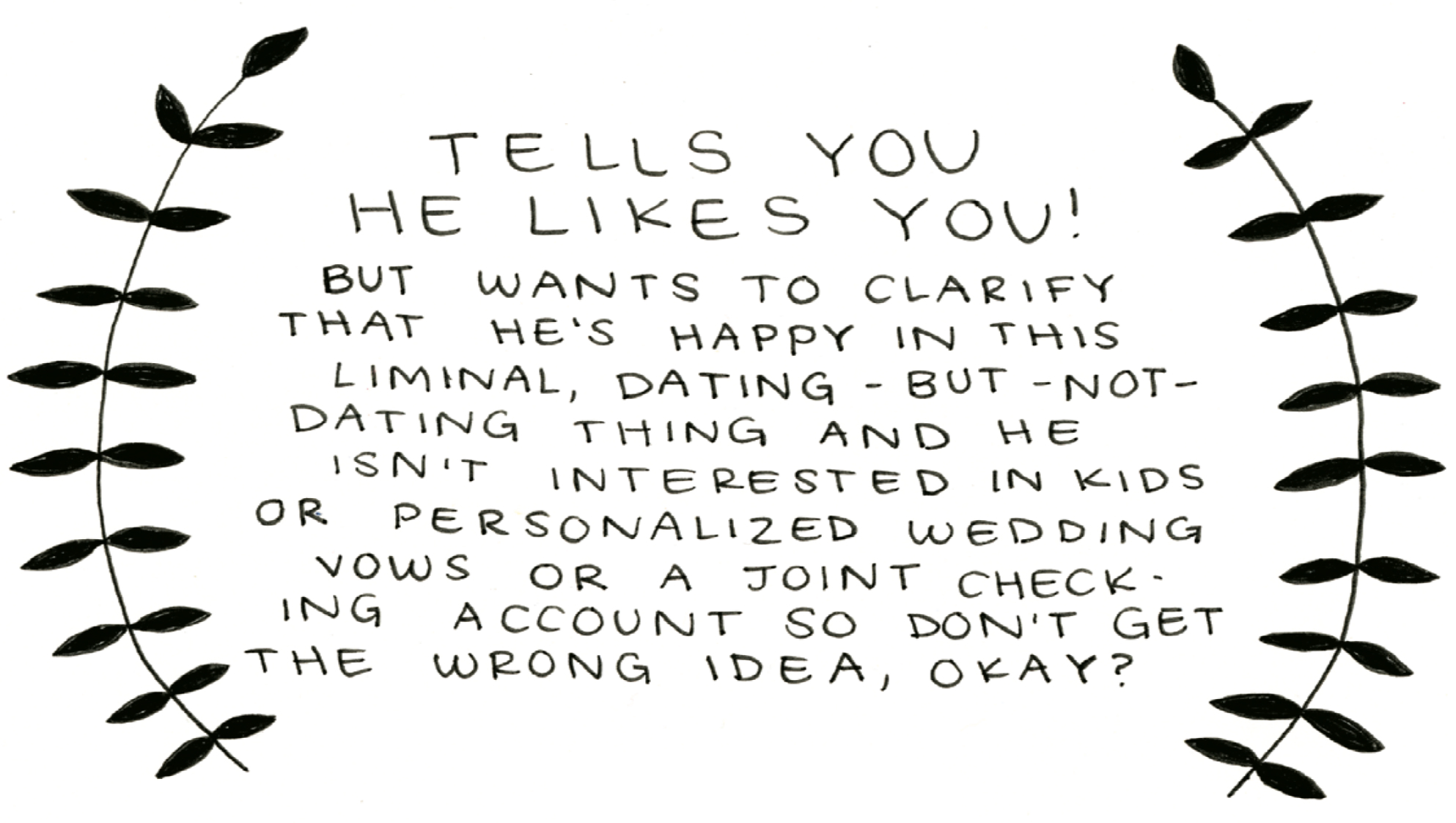

Instagram's cult illustrator Shelby Lorman and author of Awards For Good Boys reckons the no-labels dating scene has its pros, but warns don’t confuse ‘relationship status: unknown’ with stress-free sex...
Hello! I’m Shelby, a cartoonist and writer and I created @awardsforgoodboys - first on Instagram and now it's a book (yes!) - to illustrate how quick we are to celebrate people, mostly men, for their 'bravery' in not being the outright worst. I like to question the rampant upholding of mediocrity, calling attention to how goodness is used as a shield, and exploring why we are reluctant to talk about the ways even the 'good ones' - ourselves included - still fail.
It would be easy to blame modern relationship problems on the gamification of dating via apps: the seeming ubiquitousness of fuckable options; the flattening of people into consumable entities made more apparent by lucrative brand advertisements; the fact that one swipe now separates your dream boyfriend from a Pop-Tart.
Still, that doesn’t explain why ‘casual’ relationships can become so messy when you try to talk about what ‘casual’ actually means; why one of the scariest questions to ask the person you’re dating is, ‘Can we check in about what we’re doing here?’
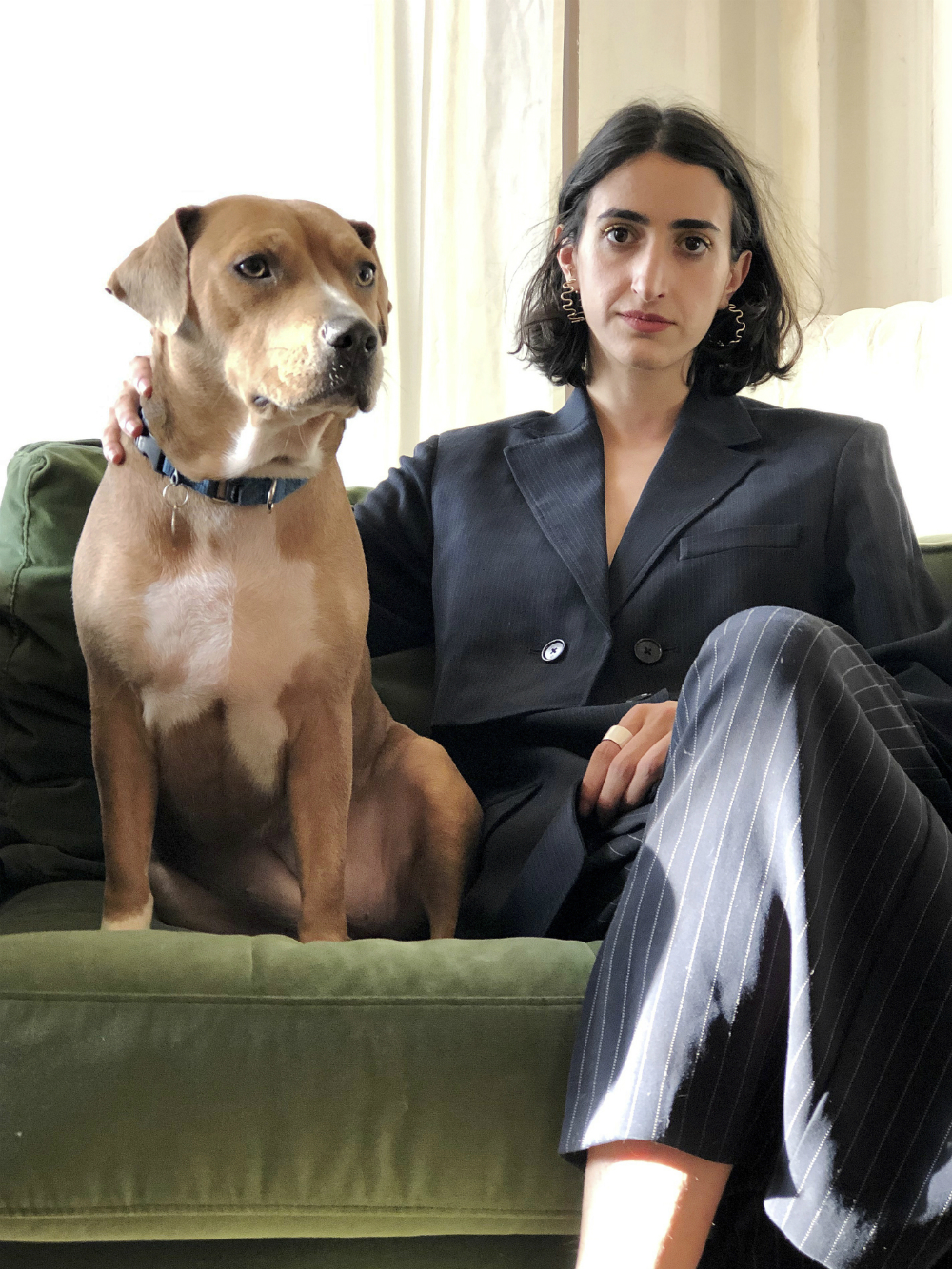
I call these liminal relationships: relationships that exist in the in-between. Sometimes liminality is mutual. Sometimes it’s a romance that starts with a built-in expiration date. Sometimes one person isn’t ready for something serious but you hook up anyway, knowing eventually it’ll get more complicated than it already is. The liminal relationship is often sexy because of the precariousness of its shape. How long can we get away with not defining this before we tumble headfirst into the mess we’re making? Shall we try it and find out?
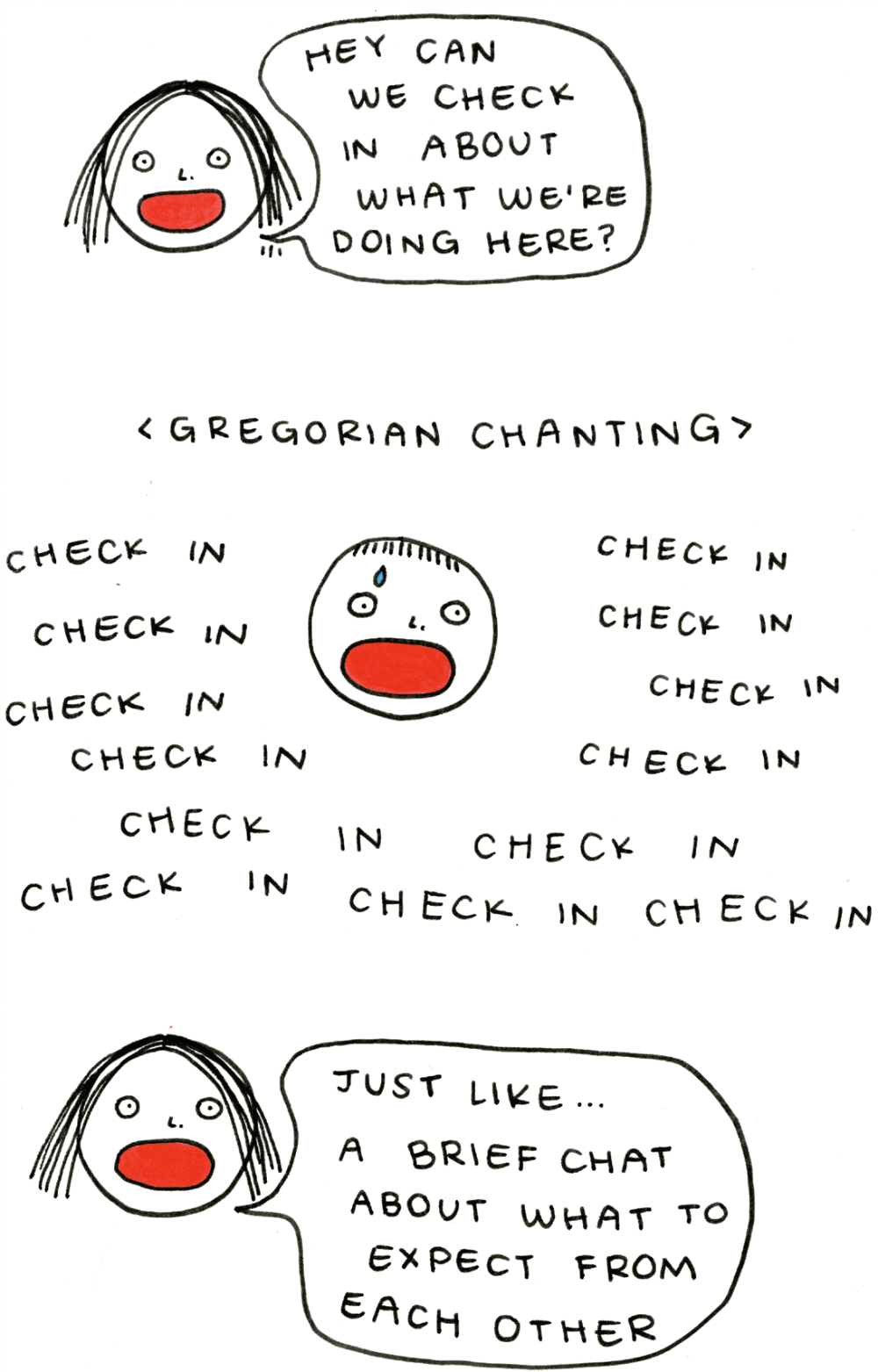
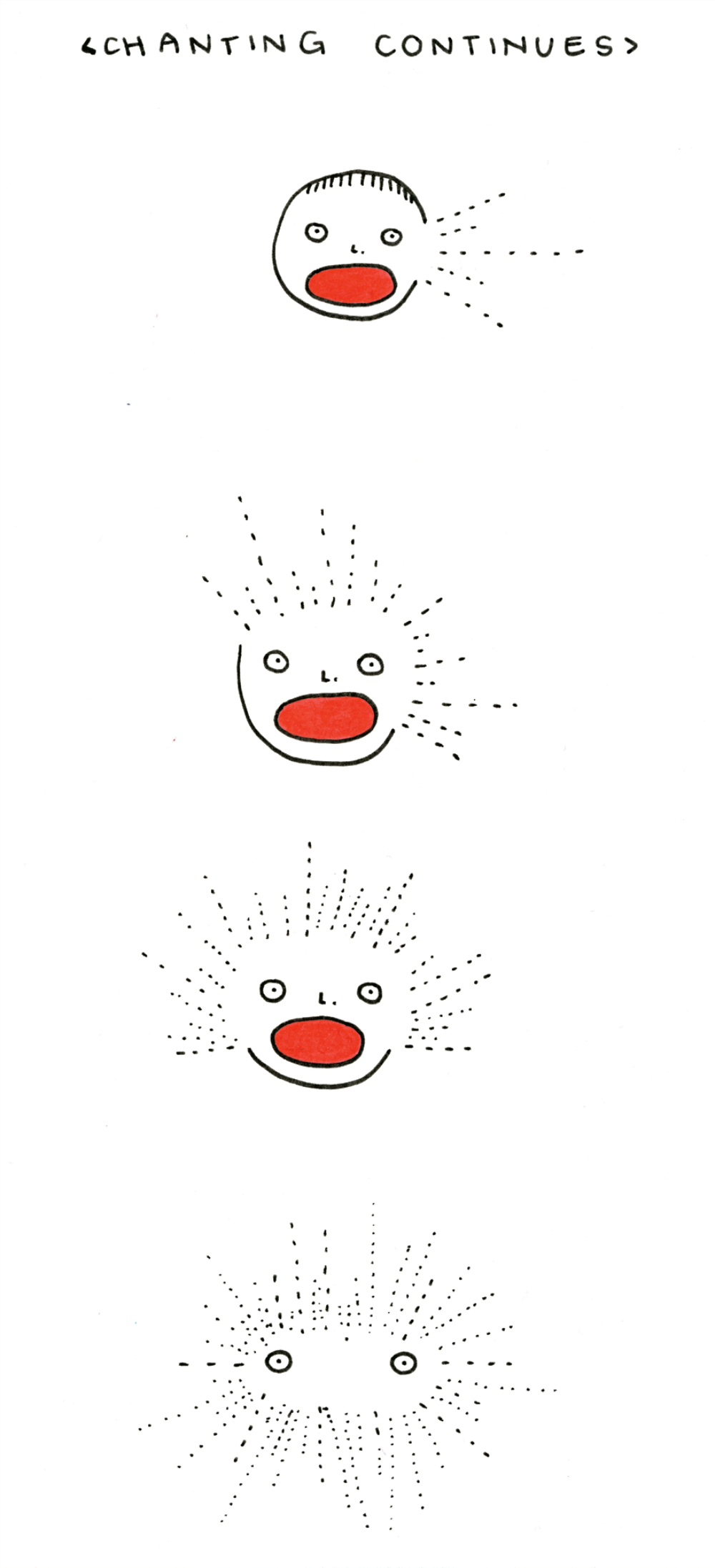
Some were delicious, dramatic messes. But others were a trap; traps I couldn’t, or wouldn’t, acknowledge. I nodded along when I was told, ‘it just wasn’t the right time’ to ‘label us’ (though they continued to date me), or, worse still, lazily slapped on a label that bore no resemblance to what we were actually doing; the liminal draped in ‘ethically non-monogamous' clothing. In one such relationship, I was made to feel that my need for structure; my ‘need for a label’, was our problem — not the fact that we weren’t actually in an open relationship. When I tried, in vain, to explain that non-monogamous partnerships (like any) take work and planning, he was incredulous.
Upon reflection, I see so plainly what a grim equation it is: naming the casual would force them to be accountable, while definitively not-naming - releasing it from the liminal - would allow me to move on. By keeping the casual in linguistic/actual purgatory, he (I’m using this pronoun because it speaks to my experience, but this relationship fuckery applies to all genders) undermines the importance of clarifying the need-to-know things. For example, are you fucking other people? Is this a bedroom-only affair or should we see a movie? In refusing to delineate the edges of the casual, he makes it seem like anything you ask - anything - is not casual, which allows him to get away with everything he goddamn wants.
Celebrity news, beauty, fashion advice, and fascinating features, delivered straight to your inbox!
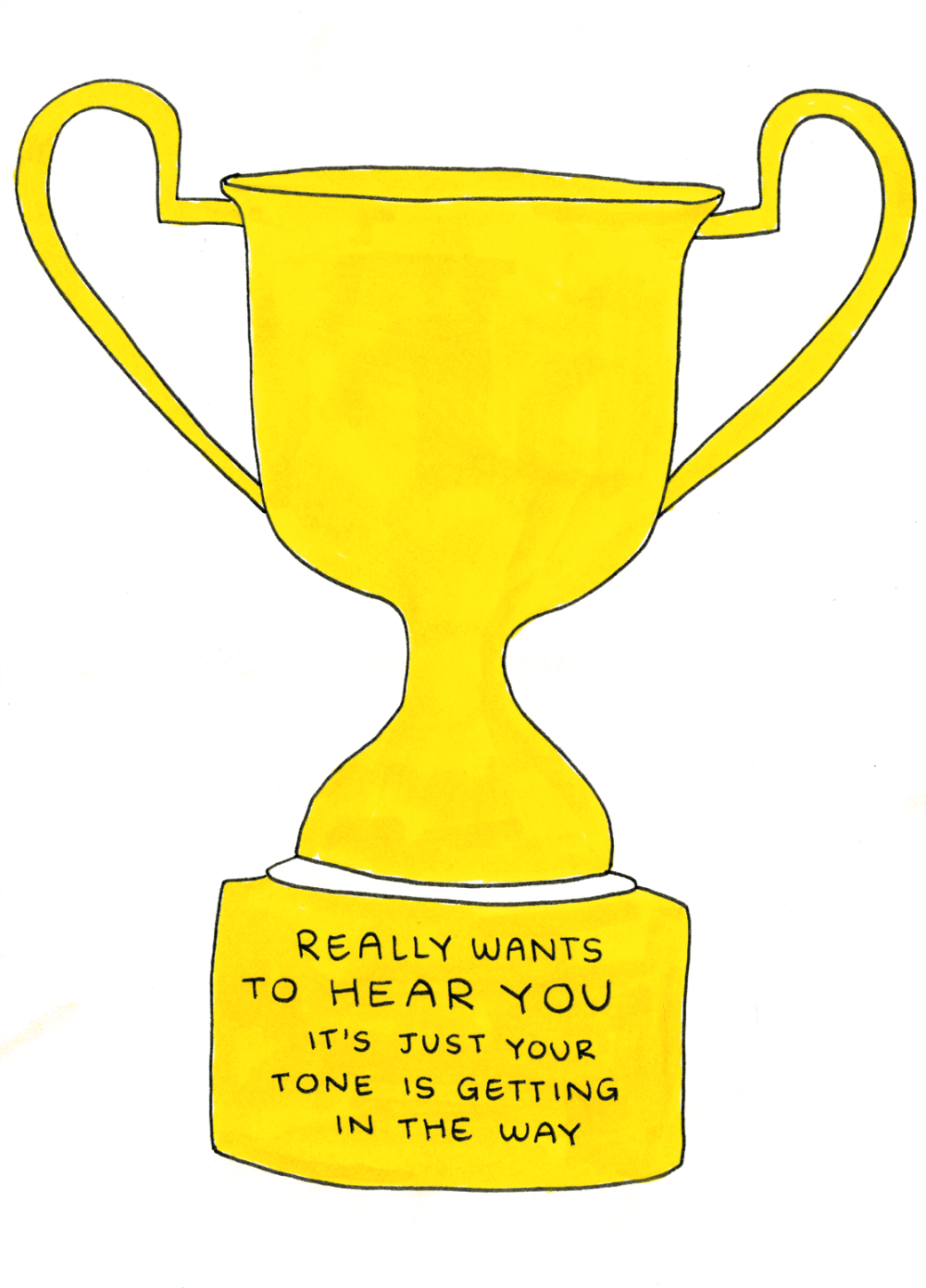
To be clear, none of these communication failures have anything to do with a relationship’s label or lack thereof. It’s just that: communication failure. People who are effectively hearing each other can call, or not call, what they’re doing whatever they want, and never even tiptoe near the liminal. But I’m done with liminals. I’ve sworn off them forever, and I advise you to swear off them, too. This doesn’t mean ‘don’t casually date’. It means don’t casually date people who refuse to communicate about the casual. Don’t allow people to falsely equate wanting communication and clarity with being a bunny boiler.
* All images: Shelby Lorman
Maria Coole is a contributing editor on Marie Claire.
Hello Marie Claire readers – you have reached your daily destination. I really hope you’re enjoying our reads and I'm very interested to know what you shared, liked and didn’t like (gah, it happens) by emailing me at: [email protected]
But if you fancy finding out who you’re venting to then let me tell you I’m the one on the team that remembers the Spice Girls the first time round. I confidently predicted they’d be a one-hit wonder in the pages of Bliss magazine where I was deputy editor through the second half of the 90s. Having soundly killed any career ambitions in music journalism I’ve managed to keep myself in glow-boosting moisturisers and theatre tickets with a centuries-spanning career in journalism.
Yes, predating t’internet, when 'I’ll fax you' was grunted down a phone with a cord attached to it; when Glastonbury was still accessible by casually going under or over a flimsy fence; when gatecrashing a Foo Fighters aftershow party was easy-peasy-lemon-squeezy and tapping Dave Grohl on the shoulder was... oh sorry I like to ramble.
Originally born and bred in that there Welsh seaside town kindly given a new lease of life by Gavin & Stacey, I started out as a junior writer for the Girl Guides and eventually earned enough Brownie points to move on and have a blast as deputy editor of Bliss, New Woman and editor of People newspaper magazine. I was on the launch team of Look in 2007 - where I stuck around as deputy editor and acting editor for almost ten years - shaping a magazine and website at the forefront of body positivity, mental wellbeing and empowering features. More recently, I’ve been Closer executive editor, assistant editor at the Financial Times’s How To Spend It (yes thanks, no probs with that life skill) and now I’m making my inner fangirl’s dream come true by working on this agenda-setting brand, the one that inspired me to become a journalist when Marie Claire launched back in 1988.
I’m a theatre addict, lover of Marvel franchises, most hard cheeses, all types of trees, half-price Itsu, cats, Dr Who, cherry tomatoes, Curly-Wurly, cats, blueberries, cats, boiled eggs, cats, maxi dresses, cats, Adidas shelltops, cats and their kittens. I’ve never knowingly operated any household white goods and once served Ripples as a main course. And finally, always remember what the late great Nora Ephron said, ‘Everything is copy.’
